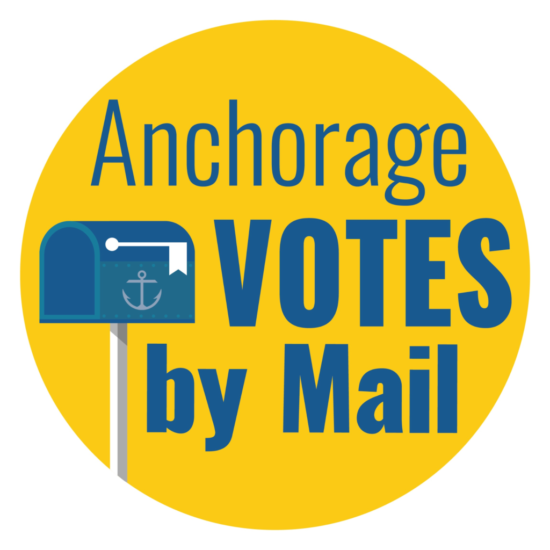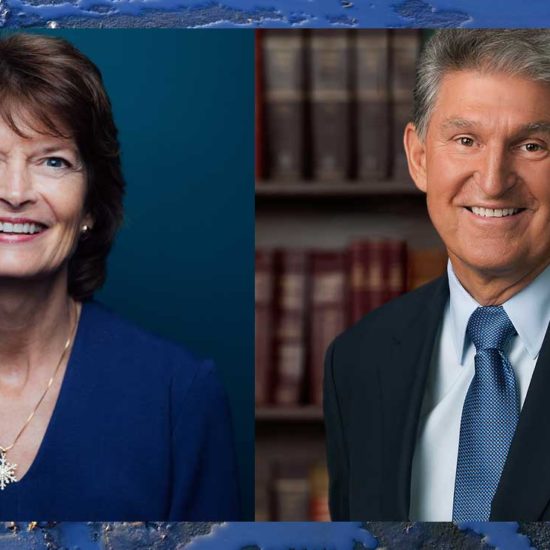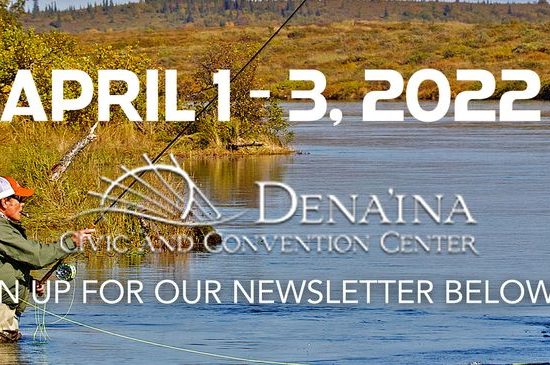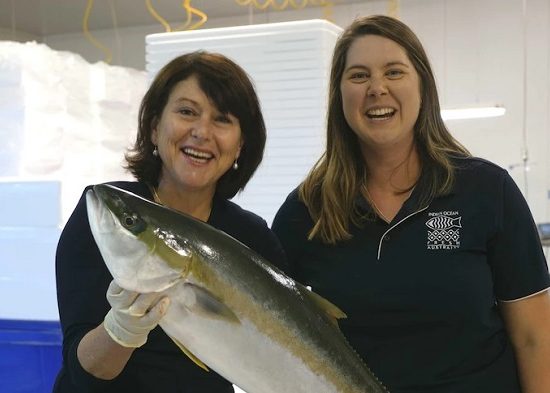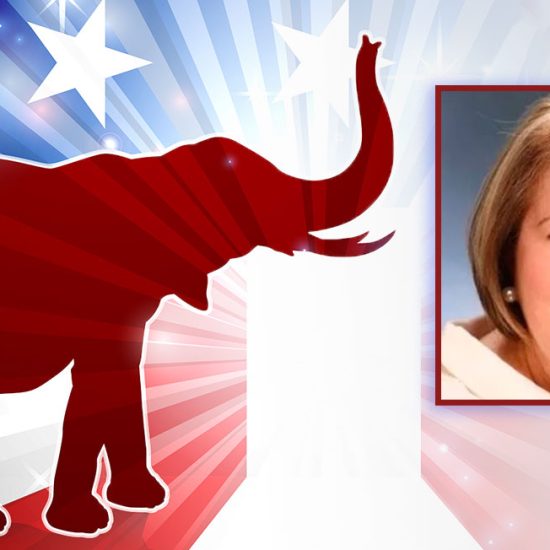
By Ben O'Rourke
November 21, 2021
Alaska’s role in safeguarding the Arctic’s (and America’s) future as the international search for resources heats up
As our readers know, the Arctic is a vast frozen landscape, and hiding below the ice and rock are billions of barrels worth of oil or natural gas, rare minerals, and lots of fish. Much of this region is classed as international territory, meaning anyone, including Australia and China which are nowhere near it, can go there and seemingly help themselves.
Besides the U.S. and Canada, the Arctic nations of Russia and Norway, and Greenland (the autonomous country within the Kingdom of Denmark) also lay claim to parts of the region. Norway announced this month it is splashing out more than a million Euros on research for resources.
Easy-to-find oil is becoming rare these days, sparking the move North.
People are desperate for oil. The U.S. is believed to have some of the largest untapped reserves in the world, although President Joe Biden doesn’t want Americans drilling into them, even at a time when pump prices are emptying our wallets. Meanwhile, things are very different in other parts of the globe.
In Russia, President Vladimir Putin said in October “large-scale projects” on the Yamal Peninsula will play “a key role in developing Russia’s gas industry in the 21st century.” Gazprom’s reserves exceed 20 trillion cubic meters and at the largest field in Bovanenkovo, gas will be “produced here for many decades, for 100 years, maybe even longer,” Putin boasted, ignoring Western-led ideas that the planet should be carbon-neutral by the middle of the century to stop climate change.
The international scramble for resources involves allies and perceived foes of the United States. As we reported in September, the U.S. Coast Guard revealed that several Chinese ships were spotted conducting unexplained “military and surveillance operations” off the coast of Alaska. The same month, Russia held a 50-vessel exercise in the Arctic region.
People are desperate for oil.
“We are the state that makes America an Arctic nation, and our geostrategic location creates unparalleled possibilities available nowhere else,” says Murkowski. “Alaska is indeed the geostrategic crossroads of the world and the logical place for an Arctic Studies Center.”
These concerted movements appear to have the U.S. Department of Defense planning contingencies. With the Democrats pushing for the nation to expedite the transition to unreliable renewables, Senator Lisa Murkowski (R-AK) has welcomed the move to put the new Ted Stevens Center for Arctic Security Studies on Alaskan soil. It makes complete sense, she says.
“We are the state that makes America an Arctic nation, and our geostrategic location creates unparalleled possibilities available nowhere else,” says Murkowski. “Alaska is indeed the geostrategic crossroads of the world and the logical place for an Arctic Studies Center.”
Named after late U.S. Senator Ted Stevens, the center will “support and strengthen advances…in the Arctic, using security cooperation, research and academia, and diplomacy,” notes the U.S. Department of Defense. The new center will address “full-spectrum security cooperation” and “collaborate against shared threats.”
“As a nexus for security cooperation, the center will soon play host to America’s global partners and allies along with a variety of federal and state authorities and academic institutions, also bringing economic benefit to the area,” adds Murkowski. “I appreciate that the Department of Defense took our advice and made the right choice to locate the Center in Alaska.”
Alaska’s complex will be the sixth regional center but the only one focused on the Arctic. The Pentagon listed “territorial security”, “transnational and asymmetric threats” and “defense sector governance” as priorities.
Senators Murkowski and Dan Sullivan (also R-AK) sponsored the planned Stevens Center and secured the $10 million price tag from the federal government.
“Our work to secure authorization and funding for the center was a huge accomplishment on its own, but now to know that the Center will officially be located in Alaska is incredibly welcomed news,” says Senator Murkowski. “I’m proud to have helped ensure the Ted Stevens Center continues to move forward from a mere concept to reality. As this project comes to fruition, we will all see the tremendous value it will provide as America pursues and defends our interests in the Arctic.”
As the new Arctic Center comes online, one added benefit is a strengthened relationship between Alaska (representing the U.S.) and the Arctic Council, the intergovernmental forum comprised of eight Arctic states (Canada, The Kingdom of Denmark [Greenland], Finland, Iceland, Norway, The Russian Federation, Sweden, and the U.S. [Alaska]) and six Indigenous Permanent Participant organizations, promoting “coordination, cooperation, and interaction” and now led (2021-2023) by Russian chairmanship.

Similar moves towards collaboration and centers for study and natural resource policy development could eventually be seen in the Antarctic, where there are said to be sizable oil, coal, and mineral reserves. But, according to the British Antarctic Survey, extraction would be “very difficult, dangerous and expensive” because of the harsh environment. A ban on drilling for resources there comes under review in 2048.
 Ben O’Rourke recently joined the Alaska Politics & Elections team. Ben has more than 25 years of media experience in radio, television, online, and newspapers working globally in Hong Kong, Singapore, Australia, and the United Kingdom. He accidentally landed into news journalism in 2003 and has been writing, reporting, and producing videos and nightly news programs for Hong Kong television and South China Morning Post ever since. He’s currently a freelance news editor at Fieldsports Britain, a popular hunting, shooting, and fishing channel on YouTube. Ben spent three weeks in Alaska filming a documentary and that time had a profound effect on him and it quickly became his favorite U.S. state.
Ben O’Rourke recently joined the Alaska Politics & Elections team. Ben has more than 25 years of media experience in radio, television, online, and newspapers working globally in Hong Kong, Singapore, Australia, and the United Kingdom. He accidentally landed into news journalism in 2003 and has been writing, reporting, and producing videos and nightly news programs for Hong Kong television and South China Morning Post ever since. He’s currently a freelance news editor at Fieldsports Britain, a popular hunting, shooting, and fishing channel on YouTube. Ben spent three weeks in Alaska filming a documentary and that time had a profound effect on him and it quickly became his favorite U.S. state.






